CAUV Informational Meeting
Leah Hetrick, with the Ohio Farm Bureau, will discuss the recent increases in CAUV values, information to help you understand the property tax system, and an update on legislative action.
Read MoreIncluded in HB 1 is the elimination of the 10% property tax rollback, which is a significant concern for Farm Bureau members.
The first bill introduced in the 2023 Ohio House is drawing quick opposition from Ohio Farm Bureau. House Bill 1 would create a flat income tax of 2.75%, but what is catching the ire of Ohio’s largest farm organization is a change to the property tax system that, if passed, could give landowners in rural Ohio an increase in their tax bill. In fact, according to the Legislative Service Commission, net taxes charged to owners of residential and agricultural real property would increase an estimated $929 million if this legislation were to become law.
“Property taxes are the most costly tax a farmer pays due to the nature of how they impact production agriculture directly,” said Brandon Kern, senior director of state and national policy with Ohio Farm Bureau, during his testimony to the House Ways and Means Committee in Columbus earlier this week. “Property tax is a tax on agriculture’s most important production asset, farmland. The proposal in HB 1 to repeal the 10% property tax rollback is a significant concern for our members.”
When considering the full spectrum of taxes, Ohio Farm Bureau members have crafted a policy that ranks each type of tax from most palatable to least, based on the costliness and impact of each tax-type on farming production. Given this policy, Farm Bureau takes a holistic approach when reviewing tax proposals. This policy allows Farm Bureau to support or oppose tax reform proposals that take on a number of different forms, according to Kern’s testimony.
“HB1 is a perfect example of a tax proposal that can present mixed results through the lens of our tax policy,” Kern said. “While we welcome policies that help lower the income tax burden on our members, we are very concerned HB 1 will increase property taxes on many, many farm operations.”
Kern told the committee that while Ohio Farm Bureau supports the goal of continuing tax reform in the state, the changes made to property taxes in HB 1 will have significant negative impacts on agriculture in Ohio and urged the removal of the property tax provisions in the bill.
While our organization supports the goal of continuing tax reform in Ohio, the changes made to property taxes in HB 1 will have significant negative impacts on agriculture in Ohio. We urge the removal of the property tax provisions in the bill. Please contact your state representative to urge them to consider changes to HB 1.
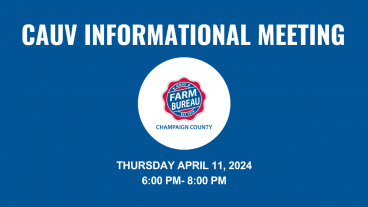
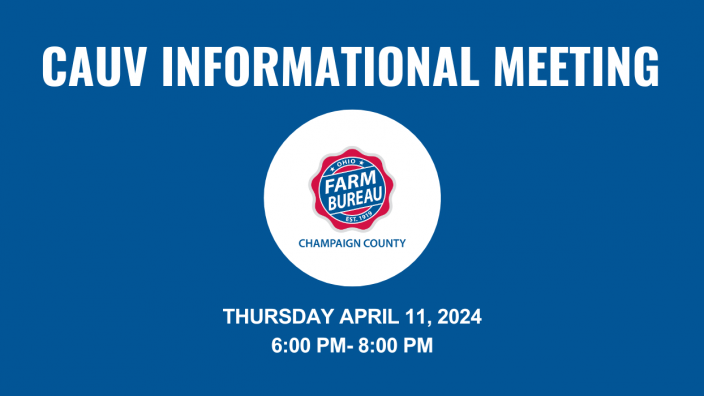
Leah Hetrick, with the Ohio Farm Bureau, will discuss the recent increases in CAUV values, information to help you understand the property tax system, and an update on legislative action.
Read More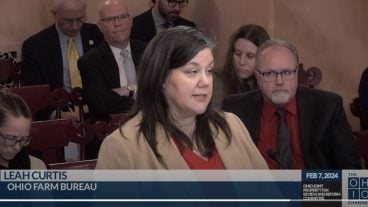
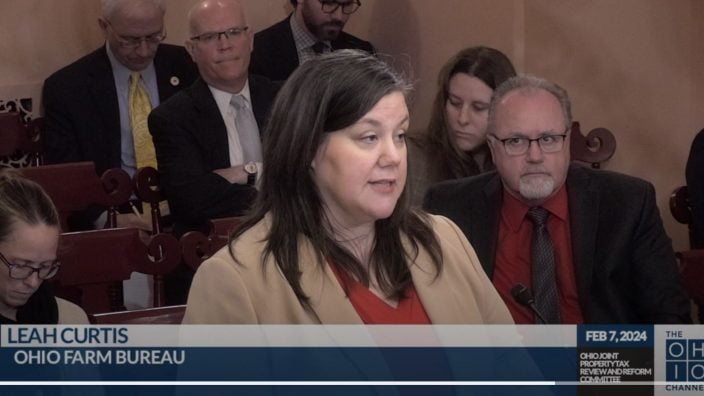
farmers are happy with the purpose and philosophy of the CAUV program, but all would prefer some more predictability in their values and more importantly, their tax bill.
Read More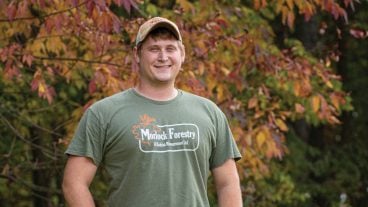
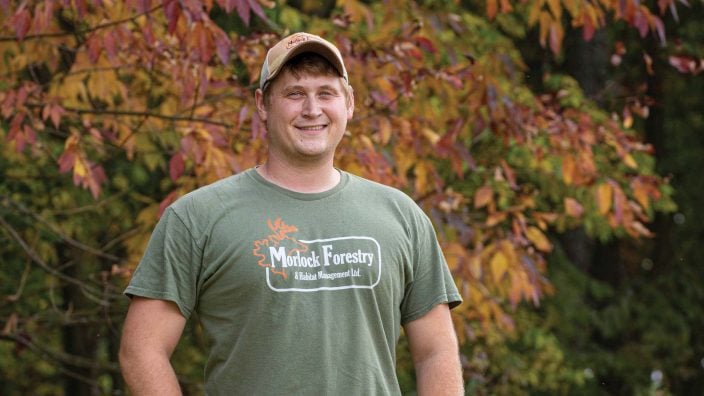
Understanding the Current Agricultural Use Value program and proper forestry management could lead to increased profits and sustainable land use.
Read More

CAUV values are set to increase substantially in the 2023 reappraisal/update, affecting 41 counties.
Read More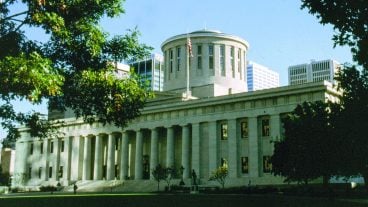
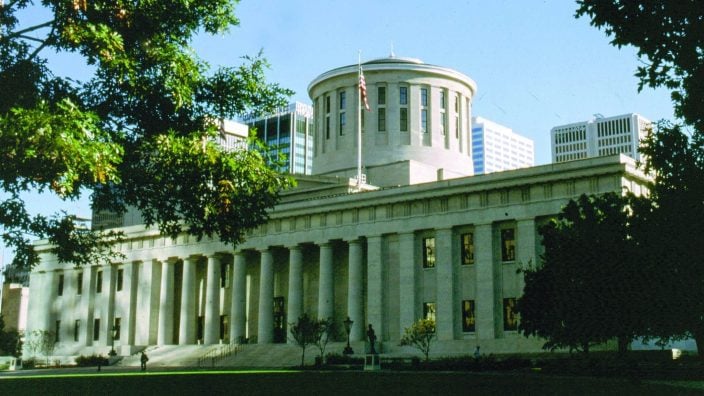
Thanks to the work of Ohio Farm Bureau members through the organization’s Action Alert process, the budget will avert the potential negative impacts of a proposed property tax policy change.
Read More

Included in HB 1 is the elimination of the 10% property tax rollback, which is a significant concern for Farm Bureau members.
Read More
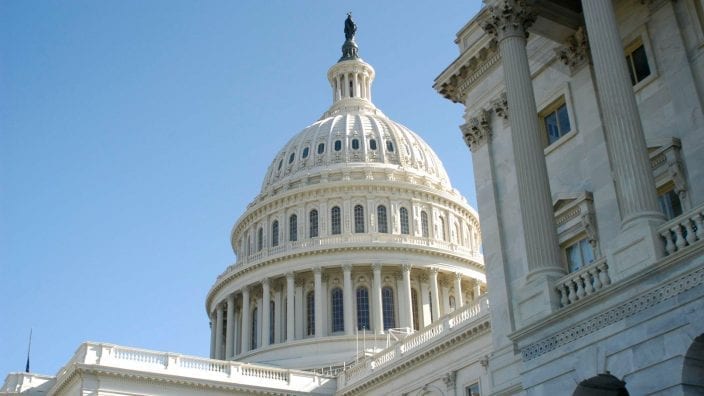
Ohio Farm Bureau President Bill Patterson wrote a letter to Ohio’s congressional delegation, reiterating Farm Bureau’s significant concern for certain tax proposals being considered that would hurt family farms.
Read More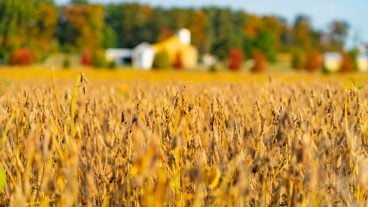
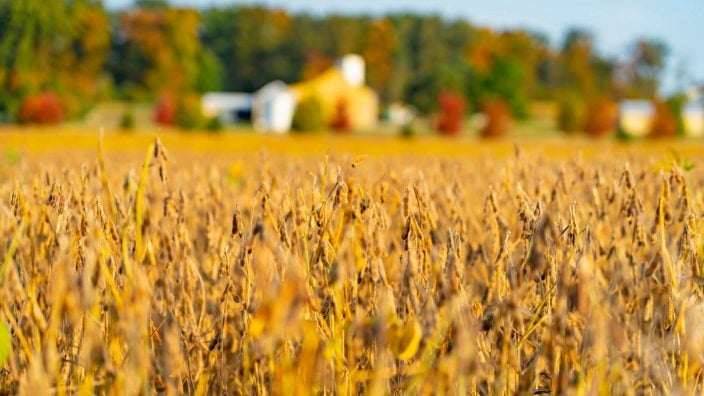
Representatives on both sides of the aisle recently have spoken out against stepped-up basis.
Read More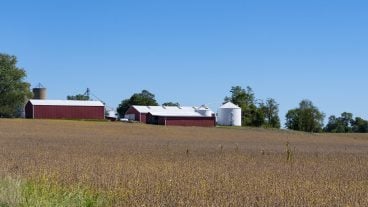
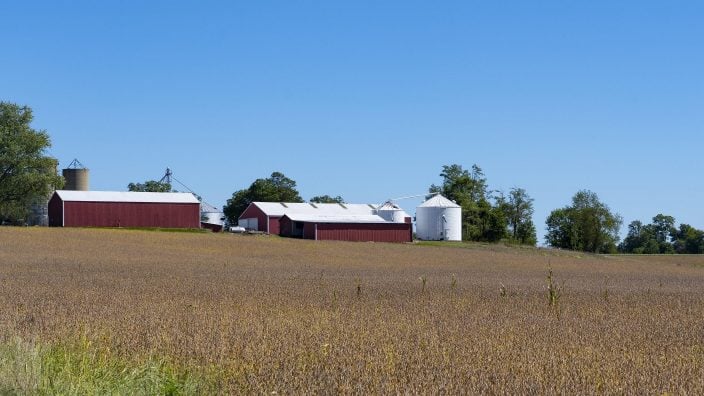
The letter addresses four key tax provisions that make it possible for farmers and ranchers to survive and pass their businesses on to the next generation: estate taxes, stepped-up basis, 199A small business deduction and like-kind exchanges.
Read More

Recently, legislation proposed in Congress would tax capital gains at death and eliminate stepped-up basis as a way to raise revenue for government spending.
Read More